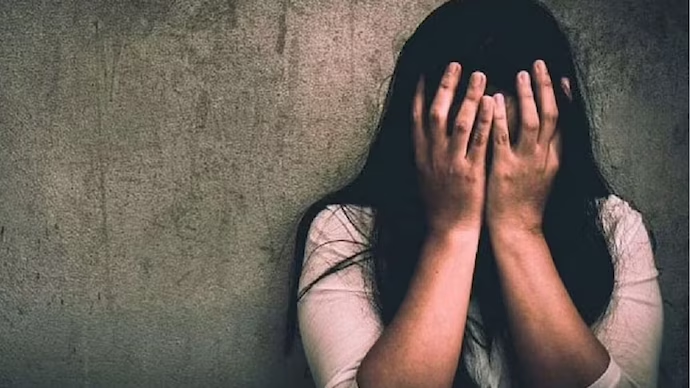Bangladesh is facing a mounting crisis as a surge in reported rape cases has drawn national and international concern. Between June 20 and June 29, at least 24 incidents of sexual violence involving women and children were officially recorded, prompting top-level calls for urgent and coordinated government intervention.
Sharmeen S. Murshid, a senior adviser to both the Ministry of Social Welfare and the Ministry of Women and Children Affairs, described the situation as a “pandemic-level emergency”. Speaking at a press briefing in Dhaka, she lamented that despite decades of advocacy and institutional efforts, violence against women and children remains unchecked.
“I’ve dedicated 40 years to this fight,” Murshid said. “Successive governments have tried, but the problem continues to spiral. We are now witnessing an epidemic of abuse.”
Quick Response Teams Mobilized at Local Level
In response to the escalating cases, authorities are deploying rapid-response units at the upazila (sub-district) level. These task forces will operate under the leadership of Upazila Nirbahi Officers (UNOs) and are mandated to act within 24 hours of any reported incident.
Murshid referenced the recent assault of a woman in Muradnagar, Comilla, which triggered one such response team to take immediate action under the local UNO’s supervision. The government hopes that this proactive approach will increase accountability and provide faster relief and protection to victims.
Despite these steps, Murshid acknowledged a significant gap between public outcry and administrative capacity. Over the past 10 to 11 months, the ministry’s toll-free hotline has received more than 281,000 complaints, but a shortage of personnel continues to limit the speed and effectiveness of responses.
Root Causes: A Web of Politics, Drugs, and Digital Exposure
According to Murshid, the recent surge is symptomatic of wider societal decay. She outlined how a toxic blend of political impunity, substance abuse, digital exploitation, and erosion of social values has created a hostile environment for women and children.
“Children now have unrestricted access to harmful digital content, including pornography. Their perceptions are being warped before they even understand right from wrong,” she warned.
To underscore the depth of the problem, she recounted a deeply disturbing case where a 10-year-old boy sexually assaulted a toddler barely two and a half years old. “The child likely doesn’t even comprehend his actions. That’s how far we’ve regressed,” Murshid said, urging for both psychological counselling and more robust digital controls.
She also raised alarm about the unchecked environment in religious institutions like madrasas, which she claimed often escape formal oversight. Officials, she said, would begin making direct inspections of schools and madrasas to ensure child safety and institutional accountability.
Legal Framework Strong, But Implementation Lags
Bangladesh already has some of the most stringent legal provisions in South Asia, including Section 14 of the Women and Children Repression Prevention Act, which outlines severe penalties for perpetrators. However, Murshid argued that laws alone are not enough.
“These crimes are happening everywhere—at home, in the workplace, in public, and increasingly online. Meanwhile, the media continues to air explicit video clips in violation of broadcasting laws,” she said. “We should be naming the rapists and abusers, not hiding their identities.”
Murshid emphasized that while legal action is important, it must be part of a broader cultural shift to dismantle the structures that normalize or excuse sexual violence.
Gang-Rape Incident Triggers Nationwide Protests
The urgency of the issue came into sharp focus after a Hindu woman was gang-raped in Cumilla District. The attack, reportedly led by a local political figure named Fazor Ali, occurred while the victim was visiting her paternal home. The incident was recorded and circulated online, provoking widespread outrage and sparking a wave of protests across the country.
This was not an isolated event. Earlier this year, the death of an eight-year-old girl following a rape incident also galvanized public anger, leading to demonstrations and demands for systemic reform.
A National Reckoning
As sexual violence continues to surge, Bangladesh stands at a crossroads. Government officials, civil society, and activists alike face mounting pressure to not only respond swiftly to individual cases, but also to confront the deeper societal forces enabling such abuse to persist.
Murshid’s stark message served as a call to action: “We can no longer pretend this is normal. This is a national crisis—and it demands a national solution.”



